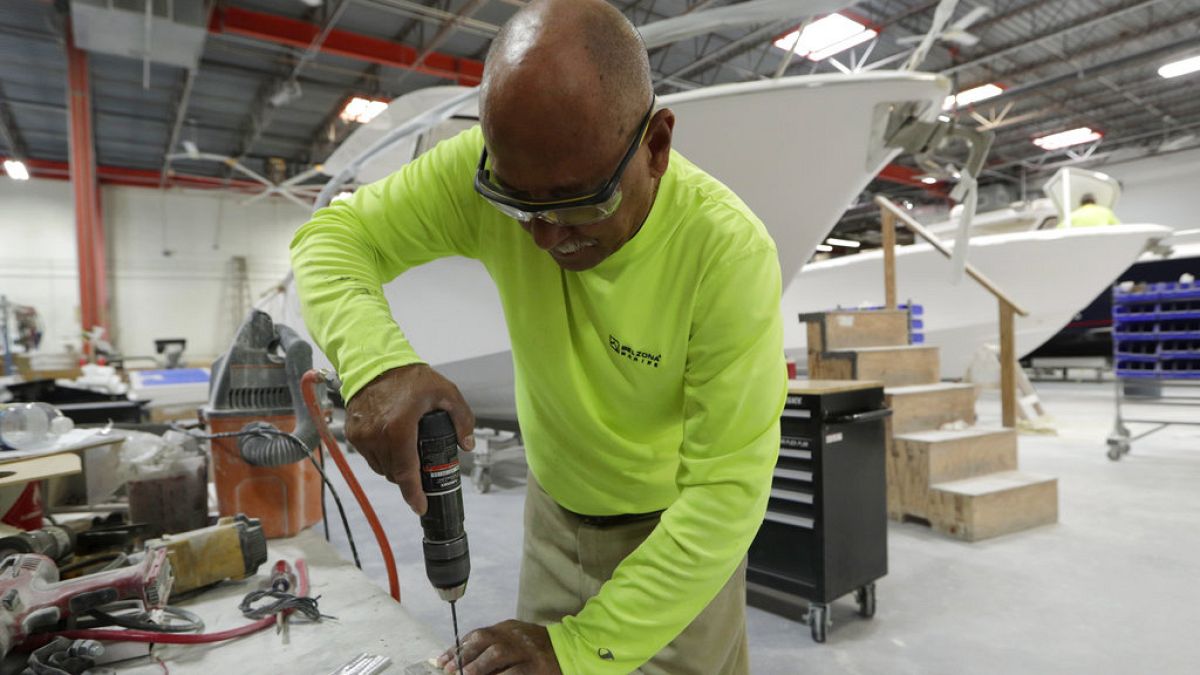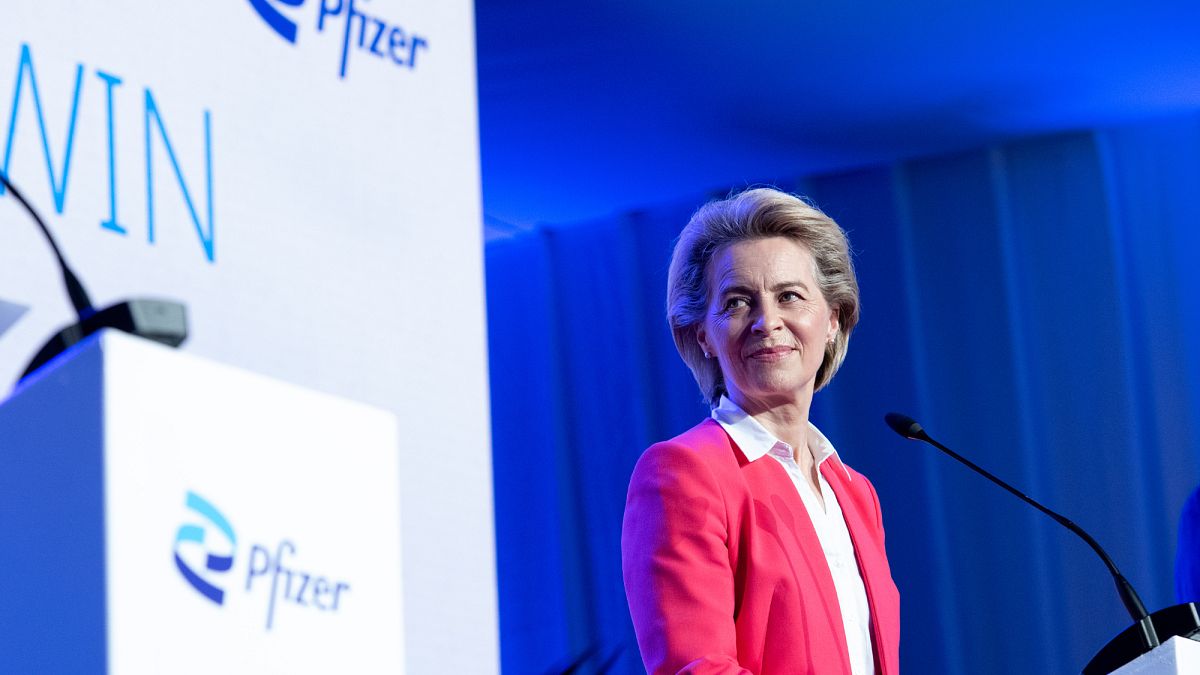The European Union Chamber of Commerce in China warned that the trend could accelerate deglobalisation and reduce global economic growth.
European companies in China are under increasing pressure to separate their China-based functions from their global operations in response to stringent regulatory requirements and escalating geopolitical and trade uncertainties, according to a new report by the European Union Chamber of Commerce in China.
"Many companies localise certain functions - or even entire operations - in China for commercial reasons," said Jens Eskelund, President of the European Chamber. "However, those that are compelled to silo are not following normal commercial logic and are often making themselves more easily replaceable by their competitors, while surrendering their ability to operate as truly global entities."
The report, based on surveys and interviews with 128 member companies between August and November 2024, outlines how businesses are restructuring their supply chains, workforce, and R&D to remain compliant and competitive in the Chinese market.
European companies operating in China have had to isolate their operations from their global business to avoid market barriers and penalties for non-compliance, but this has been at the expense of their global competitiveness, the European chamber of commerce said.
While siloing may mitigate some business challenges, it also has negative side effects, including increased costs, duplication, inefficiency and reduced innovation. The practice could also accelerate deglobalisation, leading to a reduction in global economic and productivity growth.
"Moreover, even if a company has siloed its China operations, it may still not be recognised as a 'domestic manufacturer' and allowed access to China's procurement market," the report stressed.
EU foreign direct investment (FDI) flows to China have already fallen by 29% compared to 2022, and the Chamber warned that this trend is likely to intensify if companies perceive the costs of staying in China as outweighing the benefits. And European companies operating in China currently face risks related to heightened trade tensions over the imposed tariffs on Chinese EVs, over-reliance on a single market and conflicting regulatory regimes, such as those related to corporate reporting requirements on supply chains and sustainability.
Ambiguities in China's national security laws, such as the Counter-Espionage Law and the Foreign Relations Law, exacerbate all these challenges by referring to the concept of national security without providing clear guidance on what constitutes a 'state secret', "raising the potential for inconsistent enforcement and compliance challenges," the report says.
The European chamber of commerce has urged foreign companies to actively participate in China's standard-setting processes to protect their interests, while calling on Beijing to remove market access barriers and clarify regulatory expectations to encourage sustainable foreign investment.

 2 months ago
29
2 months ago
29






 We deliver critical software at unparalleled value and speed to help your business thrive
We deliver critical software at unparalleled value and speed to help your business thrive






 English (US) ·
English (US) ·